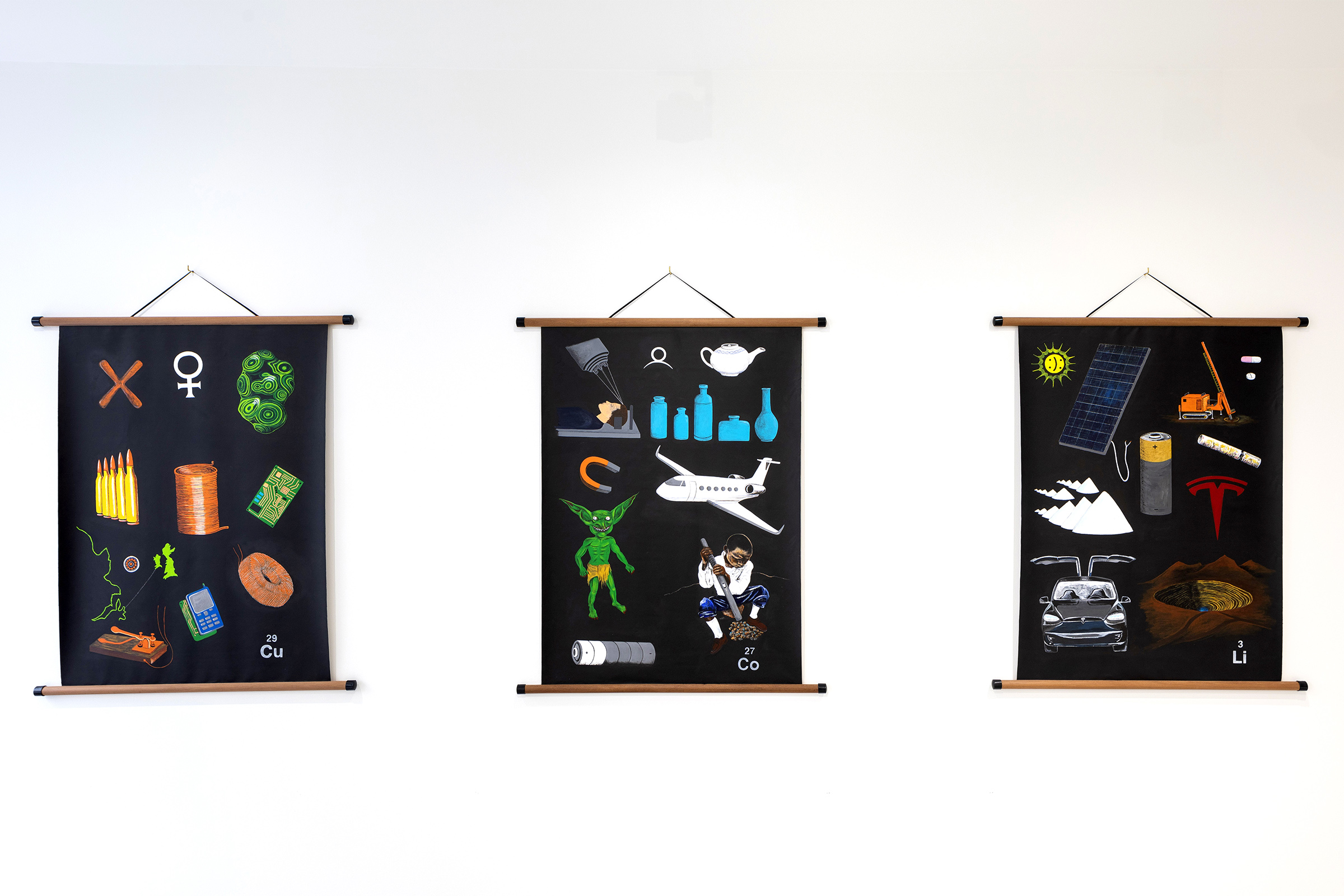
As we all know, elements are the fundamental units of the world, serving as the basis of all things and life. However, they have also come to symbolize an intangible “nature”, or a certain kind of mythological and magical “science”. Elements may be seen as a “medium” from such perspective, constantly shaping the culture and the technology, whether in the time of Empedocles or Taoism, or after the periodic table having been established. Within the framework of New Materialism, “the elements are as restless as the human imagination,” as Jeffrey Jerome Cohen notes. This restlessness is not only rooted in chemical or industrial processes but also tied to various alternative ontologies and cosmologies from the pre-Socratic period to the modern age.
In the era of ecological crisis, we are noticing the dynamic entanglements between seemingly separate entities, and many of these once invisible connections can be traced back to the elemental level. Passive, inert and non- intervening elements are at the same time active, vibrant, and even destructive. As a machine that mixes object, body, and power, elements transcend various entities, from the inorganic to the organic, from the environment to life, from nature to discourse. The world under such influence is presented as a material assemblage constantly being reconstructed. It is in this context that we, as humans in the Anthropocene, can finally contemplate our embeddedness in the planetary ecology and the possibility of forming alliances with the elements.
Inspired by Primo Levi’s novel The Periodic Table, we seek to activate the narrative and material imagination of elements in the exhibition “Elemental Constellations”, creating their images and sensory values, and thus constructing an alchemical constellation. Continuing the reflection on species in “Multispecies Clouds”, the first chapter of the exhibition series “Who Owns Nature?”, we hope to define the element as an indeterminate, unpredictable, and ever evolving being, not external but intrinsic to us. The exhibition is akin to a “parliament” as described by Bruno Latour, an assembly between humans and non-humans, a debate between different cosmologies. As nature gradually reduces to lifeless resources due to colonialism and extractivism, we, in the name of “elemental poetics”, attempt to reinvent the emotions and justice related to water, fire, land, and minerals.